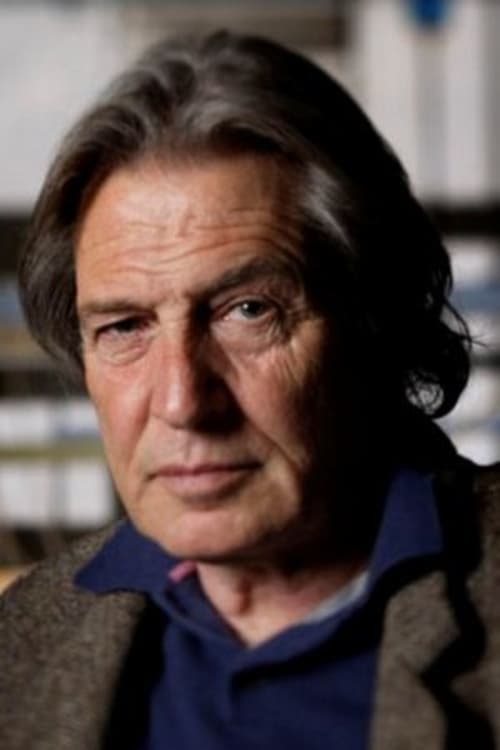Carlo Cecchi
Birth : 1939-01-25, Florence, Tuscany, Italy
History
From Wikipedia, the free encyclopedia.
Carlo Cecchi (born January 25, 1939) is an Italian actor.
Born in Florence, Cecchi studied under the Living Theatre and with the Workshop of Eduardo De Filippo. In 1968 he made his debut for cinema in La sua giornata di gloria. In 1971 he directed in Florence a theatre cooperative playing works by Shakespeare, Mayakovsky, Brecht, Chekhov and Molière.
In 1992 he returned to cinema in The Death of a Neapolitan Mathematician by Mario Martone, and later worked for directors such as Bernardo Bertolucci, Pupi Avati, Ferzan Ozpetek.
Description above from the Wikipedia article Carlo Cecchi, licensed under CC-BY-SA, full list of contributors on Wikipedia
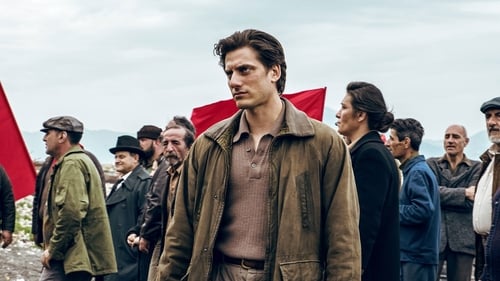
Russ Brissenden
The tale of an individualist proletarian in a time marked by the rise of mass political movements. In early 20th-century Italy, illiterate sailor Martin Eden seeks fame as a writer while torn between the love of a bourgeois girl and allegiance to his social class.

Signor Grimaldi
Irene, nicknamed 'Miele', has devote herself to people looking for help, and tries to alleviate their suffering even when they make extreme decisions. One day she has to cope with Grimaldi and his invisible malaise.
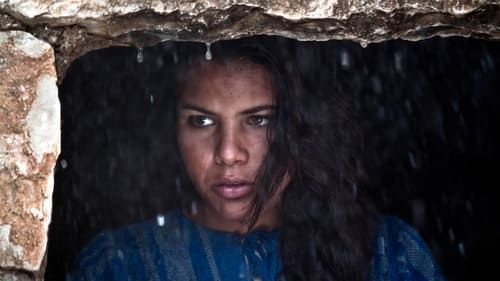
Erode
Mary is a young girl, daughter of shepherds, promised in marriage to Joseph, a widower with two children, living in the nearby village of Nazareth, in the Galilee of two thousand years ago. Grown up in love and respect for the little ones, Mary, after leaving her home, soon sees the distortions of the patriarchal world surrounding her, starting with her husband's family. Here he reads the oldest brother of Joseph, Mordecai. The sunny and determined attitude of the girl, protective of children, arouses the indignation of the head of the family and those who are convinced of the need to give them punishment, discipline and submission.

Sante Brianese
Leftist radical-turned-terrorist Giorgio—who fled to Latin America in the '70s to escape justice—decides to surrender after hearing about the fall of the Berlin Wall. Determined to lead a comfortable, bourgeois life in his native Italy, he cuts a deal with a shady police chief, getting his sentence reduced in exchange for ratting out former comrades. Once released, Giorgio obsessively pursues his dream of becoming a "respectable" citizen, even if the way is paved with larceny, pimping, drug-dealing, rape, heist, and murder...

Cardinale Federigo Borromeo
Loose adaptation of Italy's national epic, Alessandro Manzoni's “The Betrothed”. In war-torn 17th century Italy, shady feudal lord Don Rodrigo eyes young and beautiful Lucia, who loves—and is reciprocated by—commoner Renzo. The two lovers plan to marry in secret, but Rodrigo discovers it and they are forced to flee their village, becoming separated and each facing many dangers, includine the Plague.

Vittorio Nobile
Based on the case of the serial killer Donato Bilancia, who murdered 17 people between 1998 and 2000 in Genova.

Cardinal Mattia Carcano
Angelo Roncalli, born in Sotto Il Monte in 1881, is known for his profound spirituality as well as his extraordinary goodness from the young years of his life. When he feels a need to serve God, Angelo goes to study theology in Bergamo, and in Apollinare School (Rome) and becomes a priest. During his studies, he gets to know his two dearest friends, Mattia and Nicola. Very soon, most people see marvelous talents in him, including his wide knowledge and a constant readiness for sacrifice. The Holy See makes him go further to bishop and cardinal, and the Holy Father sends him to various places as a representative of the Church. When Pius XII dies on October, the 9th, 1958, 77 year-old Angelo goes to Rome, to conclave to choose a new pope. However, this time, it is him who hears gentle words of Jesus "Tu es Petrus!" ("You are Peter!") and from October, the 28th leads the church as pope John XXIII

Antonino
Italian filmmaker Antonio Capuano writes and directs the grueling gangster drama Luna Rossa (Red Moon). Aging Tony Cammarano (Italo Celoro) is the patriarch of an organized crime family, but his son Amerigo (Toni Servillo) runs most of his operations. Amerigo is a killer who invites his mistress, Rita (Lucia Ragni), to live in the family house. Meanwhile, his wife, Irene (Licia Maglietta), has an affair with mob henchman Egidio (Antonino Iuorio), who fancies the Cammarano's teenage daughter, Orsola (Antonia Truppo). This leaves Irene to eye her own son, Oreste (Domenico Balsamo), who has taken to self-mutilation. Luna Rossa won the Wella Prize at the 2001 Venice Film Festival.

Character A
A celebrity is murdered in broad daylight in the streets of Rome. Behind the murder lies a much more complex truth. The tracks, surrounded by a sultry milonga, leading to a gay commissioner.
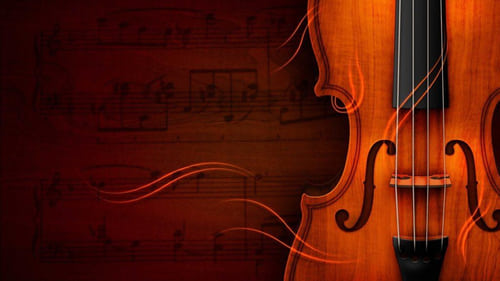
Nicolo Bussotti (Cremona)
300 years of a remarkable musical instrument. Crafted by the Italian master Bussotti (Cecchi) in 1681, the red violin has traveled through Austria, England, China, and Canada, leaving both beauty and tragedy in its wake. In Montreal, Samuel L Jackson plays an appraiser going over its complex history.
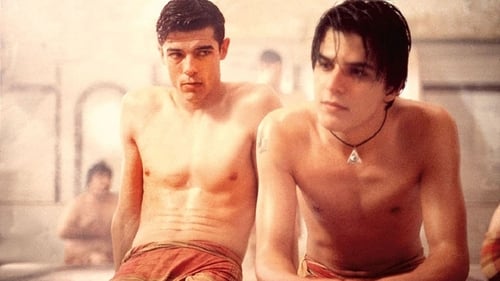
Oscar
Francesco and Marta run a husband-and-wife design company in Rome. When Francesco's aunt dies in Instanbul he travels there to sort out the hamam turkish steam bath that she left him. He finds a love and warmth in his realtives' Instanbul home that is missing from his life in Italy.

Director
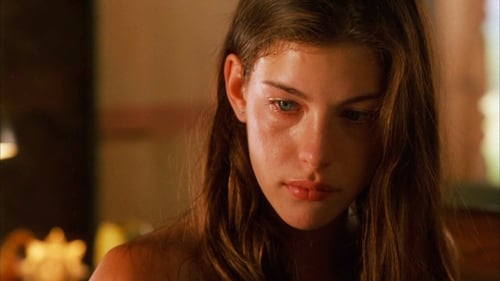
Carlo Lisca
Lucy Harmon, an American teenager is arriving in the lush Tuscan countryside to be sculpted by a family friend who lives in a beautiful villa. Lucy visited there four years earlier and exchanged a kiss with an Italian boy with whom she hopes to become reacquainted.

Achille Ropa Sanuti
Shunned by his church, a seminary student takes refuge with an excommunicated priest who teaches him wizardry and black magic.
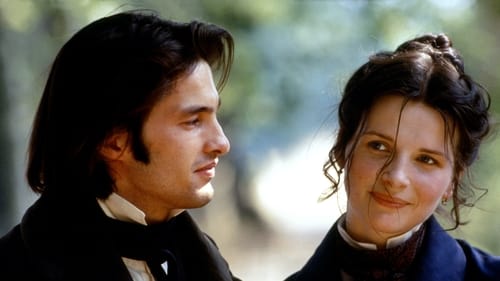
Giuseppe
In a time of war and disease, a young officer gallantly tries to help a young woman find her husband.

Assistant Prosecuting Magistrate Michele de Francesco
The film shows the difficulties of an honest, imperiled judge and his bodyguard of four men, trying to clean up a Sicilian town. Corrupt local politicians, working hand-in-hand with the Mafia, will stop at nothing to prevent exposure of their rackets.
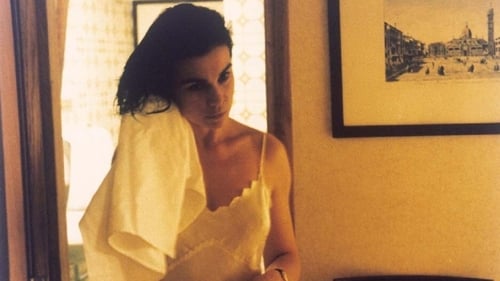
il Cervello
A young lawyer returns home and discovers that a man has committed suicide jumping through a window of his house. His wife, Maria, says that she let the unknown man enter because he said the lawyer was the only one who could help him. Bernardo start to investigate about the man and about the reasons of his suicide.
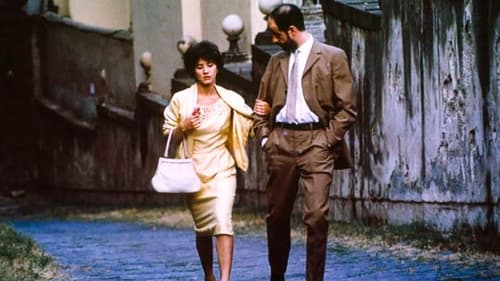
Renato Caccioppoli
Naples, 1959. Pure Mathematics professor Renato Caccioppoli, Bakunin's grandson, is a tortured soul. Recently discharged from the psychiatric hospital, left by his wife, and increasingly disillusioned with academia and the Communist Party, he lives his last days with painful detachment.

When gold is discovered in a remote location, a variety of different groups descend on the spot to stake their claims, resulting in a spate of brutal violence.
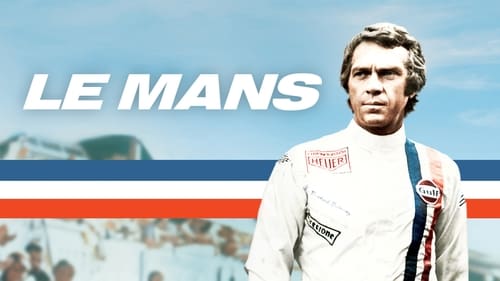
Paolo Scadenza
Filmed during the annual 24-hour endurance race at Le Mans, Michael Delaney is a Porsche driver haunted by the memory of an accident at the previous year's race in which a competing driver was killed. Delaney also finds himself increasingly infatuated with the man's widow.
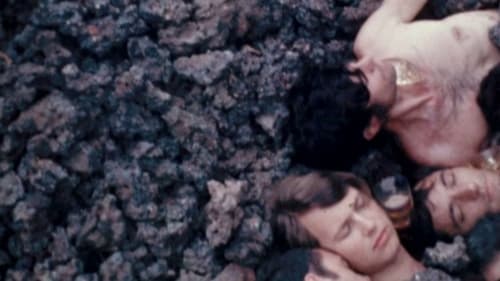
In all of his work, Bussotti makes frequent reference to the body, to sexuality. This to remind musicians — especially classically trained ones — that they are not body-less angels, that they are not just their musical thoughts, that they are still, in the last analysis, flesh and bones. Thus the erotic is not for shocking, but to stress that making music involves the body in a very direct way.

Ingardo
Adaptation of Franz Fanon's The Wretched of the Earth.

Claude
A Brechtian thriller about an intellectual's transformation into a street-fighting man.

In this film, as in all my previous ones, there is a direct connection between inner urges and cinematic rendering. I tried to visualize my present aspiration to recover, through the various ways taught by one’s experience, the easiness, directness and ripeness proper to children’s relationships and affective life. This film is maybe a track of this path backwards. – A. L.

This almost silent film has been censored and rejected for his violent scenes, even if it was well received at the Pesaro New Cinema in 1966. It contains a quotation from Beckett off-screen at the critical moment. The story sometimes seems like a puzzle where a simple man who is sick from his environment, suddenly starts killing several people near a stadium. There are also moments from his life, discussing with a friend about fear of death and various meetings his beloved girlfriend. - my-tv-is-dead

